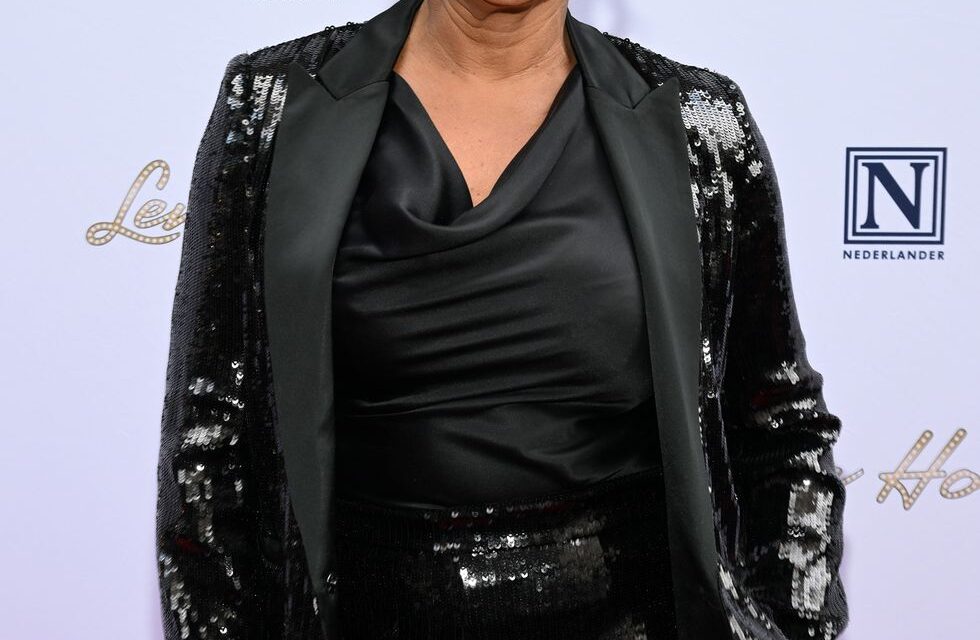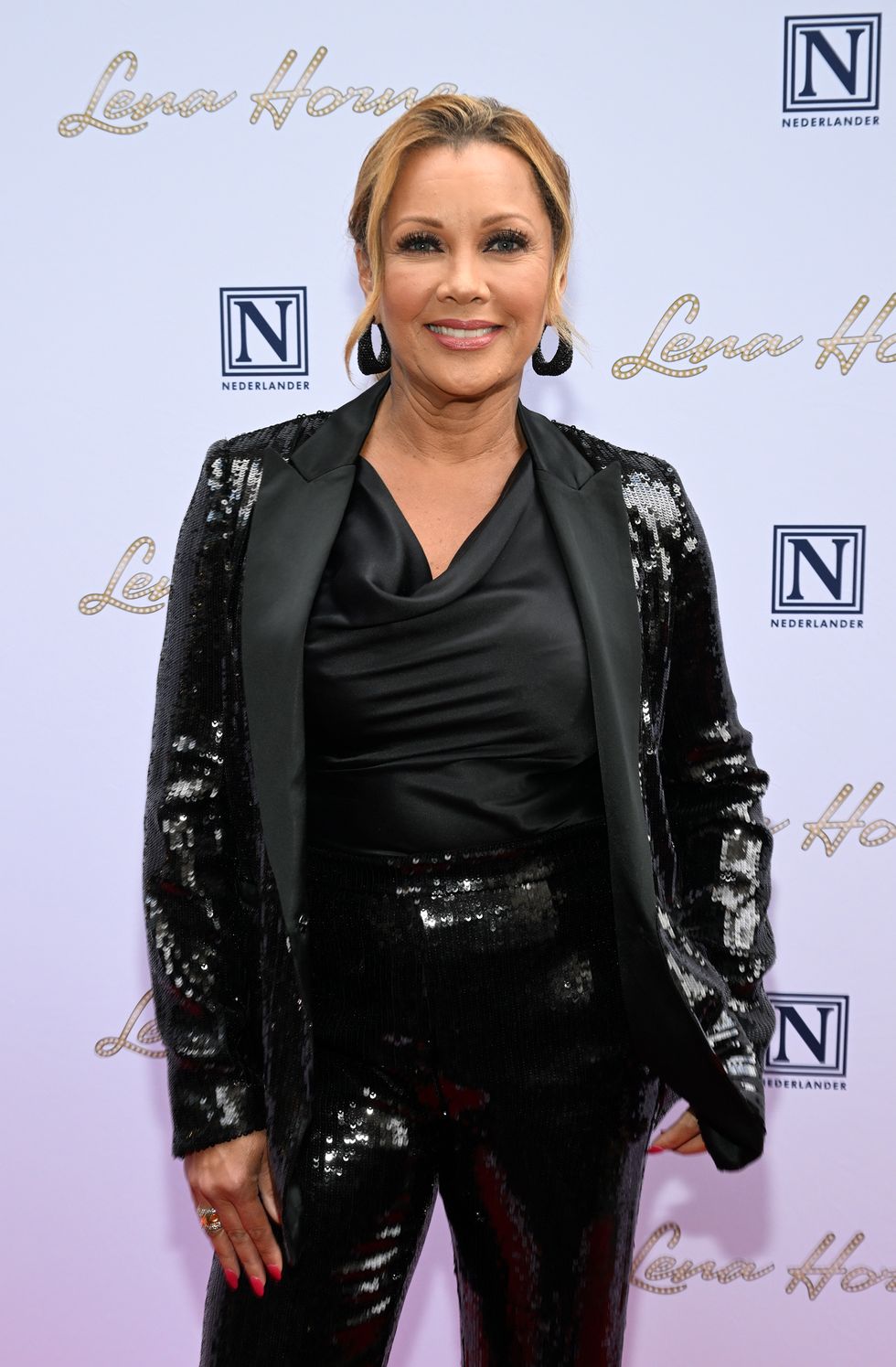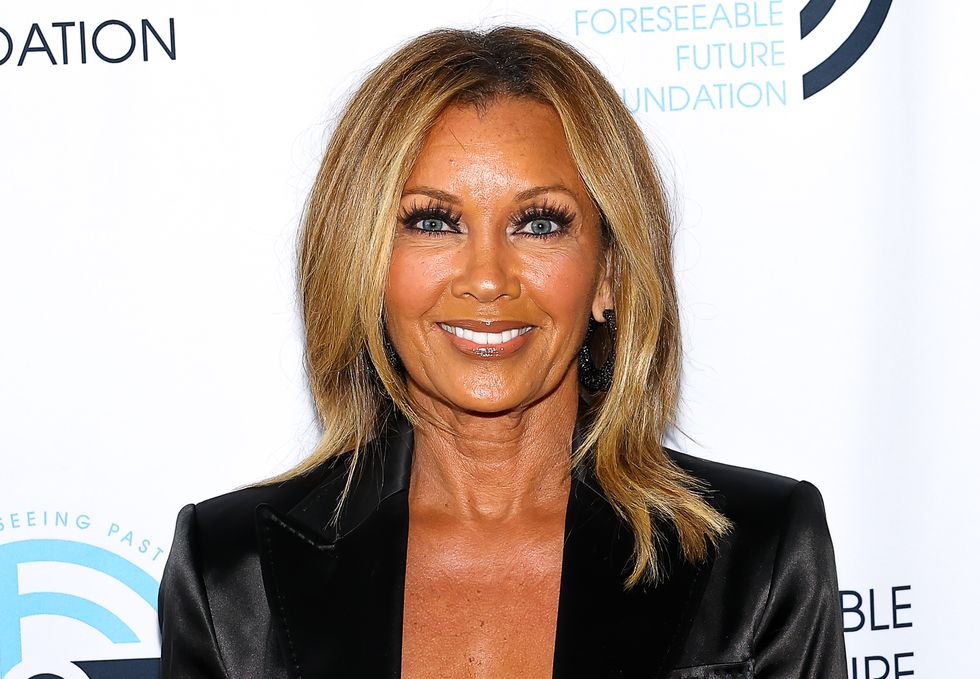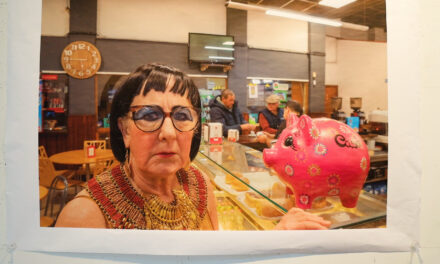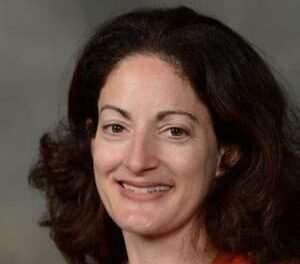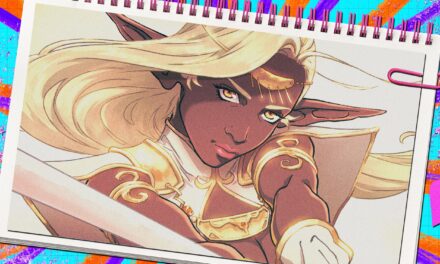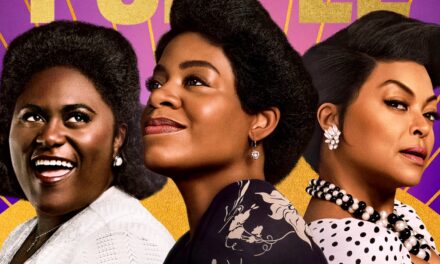Vanessa Williams knows what it feels like to be under-represented: The actor-singer will forever hold the title of being the first African American woman crowned as Miss America. That was in 1984 — 63 years after the inaugural pageant of 1921.
In June 2020, following the death of George Floyd and the subsequent protests on police brutality and Black Lives Matter, Williams vowed — along with her peers — to create change for people of color and others marginalized in the Broadway industry. The Black Theatre United organization was formed, and A New Deal for Broadway — a historic first-of-its-kind call to action — was sealed and signed by the powerhouses on Broadway.
“We see advances slowly, day by day,” Williams reflects to Shondaland virtually from her home in Westchester County, New York, on the work done over the past three years. The New Deal details reforms in the areas of artistic culture, policies and cultural training, pipeline initiatives, audience development, and community engagement. “It’s been satisfying. It’s been exhausting. We were doing this all by ourselves.”
The organization stemmed from a “call to arms,” Williams says. “I got a call from Audra McDonald, who got off the phone with LaChanze,” she recalls about becoming a co-founder of Black Theatre United (BTU) with other huge names, including Kenny Leon, Norm Lewis, Brian Stokes Mitchell, Wendell Pierce, Billy Porter, and Lillias White.
“Are we addressing police response? Are we addressing systemic racism? What was our agenda?” Williams recalls about initial conversations taking place over Zoom at the time when everyone was in lockdown. “That morphed into implementing education and diversity awareness.”
Three years later, BTU is getting ready for its inaugural gala, which celebrates Black culture on Broadway. Real Housewives star and Broadway producer Kandi Burruss; director and producer LaTanya Richardson Jackson; Academy Award-winning actor Samuel L. Jackson; and Emmy-, Grammy-, and Academy Award-winner Common will be honored on Monday, October 30, at the Ziegfeld Ballroom in New York City.
Williams talks with Shondaland about how the gala will help push Black Theatre United forward, the change she’s seen since BTU was created, her upcoming projects including a Broadway show and new album, plus the inspiration behind becoming a Broadway producer herself.
LEIGH SCHEPS: How have you specifically seen change on Broadway in the three years since the organization formed?
VANESSA WILLIAMS: Theater owners allowing shows to come in that are diverse. They are not saying, “We’ll never make money on a Black show because Black people don’t come to the theater.” That’s not even a conversation anymore.
There is also training in place that talks about the nature of the show [and if those hired] feel comfortable, and making sure that everyone feels heard. Everyone knows that there are resources that are available if there is an issue, training on every level.
LS: Is there one specific moment that you’re proud of to date that the organization has achieved?
VW: I would say the renaming of two theaters. We renamed the Cort Theatre to the James Earl Jones Theatre, and the Lena Horne Theatre, which used to be the Brooks Atkinson [Theatre]. I was in [the musical] After Midnight, and I sang “Stormy Weather” in the Brooks Atkinson. Then to be there, singing “Stormy Weather” in front of the new Lena Horne Theatre, was probably my most gratifying moment.
LS: How have Black Theatre United’s mentorship programs helped?
VW: We have a mentorship program that … just finished [its] third year. Our first year was with Williamstown Theatre Festival, and the last two have been with advertising agencies in New York — specifically [talking with them] about Broadway and marketing shows but also marketing to a wider audience. The fact is the older female generation that was your Wednesday matinee audience have either died, or they don’t feel comfortable in a theater still because of Covid and their advanced age. Or working women don’t have a Wednesday afternoon to be able to go to a 2 p.m. matinee. So, that whole model has changed. I’m also on the board of the Roundabout Theatre Company, and the subscriber model, again, has changed because that subscription audience is aging out. So, marketing- and advertising-wise, the emphasis is to find young people that will come.
Carin Ford, who’s one of our founding members, is the only Black female sound mixer on Broadway. Sound mixers are the ones in the back of the house, making sure the sound sounds great in the theater. So, women that see her [become] interested in doing what she does. Lisa Dawn Cave, a stage manager who’s taught so many people in the business, has been able to create more jobs for more people of color that want to do what she does. So, I can definitely see the training and awareness that there are jobs, besides being an actor on Broadway, that are available and ready to accept many, many people. That’s the real positive change I see physically.
LS: Do you think there’s been a change in Tony Award voters and Tony nominators to create diversity in the award space?
VW: I know for sure. Our current president, LaChanze, has not only won two Tonys last season for producing, she’s now a Tony voter. Those doors are opening. I’m on the Roundabout board. Audra McDonald’s on the Lincoln Center board — so, we are in the rooms where we can make change. One of our sayings which we love is “Diversity is a fact. Inclusion is a choice.” We are in the rooms that help people make those choices to open doors. I probably wouldn’t have produced [the musical A Wonderful World, starring James Monroe Iglehart] if I hadn’t seen LaChanze be part of that change — listening to the audience, talking about marketing, talking about whether a show needs to be altered to be able to be a bigger opportunity for audiences all over the place.
LS: Is there an upcoming Broadway actress that people should know about?
VW: One of my favorites is Solea Pfeiffer. I did Sondheim on Sondheim with her pre-pandemic. She’s an incredible singer and beautiful actress. She was just in Almost Famous and now Hadestown. I saw her in Evita [at New York City Center]. She’s extraordinary. She’s fascinating to watch, but her vocal chops are incredible.
LS: What will the money raised from the gala go toward?
VW: The money will continue our mentorship program. We are going to find a place to actually work out of because we’re literally working out of our laptops. We would love to have an office. We’d love to eventually have a theater space so we can have a place [where] we can have young actors work but also showcase [them]. Back in the day, there were all kinds of showcases where you could see talent fresh out of college.
LS: You just did the reading of the new Smash musical. What can you share about it?
VW: I don’t want to mention any spoilers, but it was fantastic. I am doing another workshop in January, so fingers crossed you will see it in the spring of 2025.
LS: Is there anything else you want to mention?
VW: I have seven tracks finished [for my new album], and I’m about to do another three. Then, I’ll have my new album out next year on BMG. I’d say probably five of them are dance tunes, original songs. One cover song with the Westchester Youth Gala that Natalie Cole sang back in the day. So, that’s kind of an homage to my old days. So, that’s been wonderful.
LS: Did you write the songs on the new album?
VW: I had the summer off and said I was going to record this album in June, July, and August.
I always sit with everyone and say, “This is the thing I am going for.” There is one song I certainly gave the title for and specifics on what I wanted to say. Songwriter Kipper Jones, who wrote “The Right Stuff,” “Comfort Zone,” and “Freedom Dance,” I [have] worked with since 1987, so it was nice to get him back on board and the old crew around [for this new album].
This interview has been edited for length and clarity.
Leigh Scheps is a writer covering Broadway who has contributed to Elle, InStyle, Bustle, Oprah Daily and Town & Country. She is a full time digital reporter with Inside Edition. Follow her on Twitter @LeighTVReporter and Instagram @LeighScheps
Get Shondaland directly in your inbox: SUBSCRIBE TODAY

